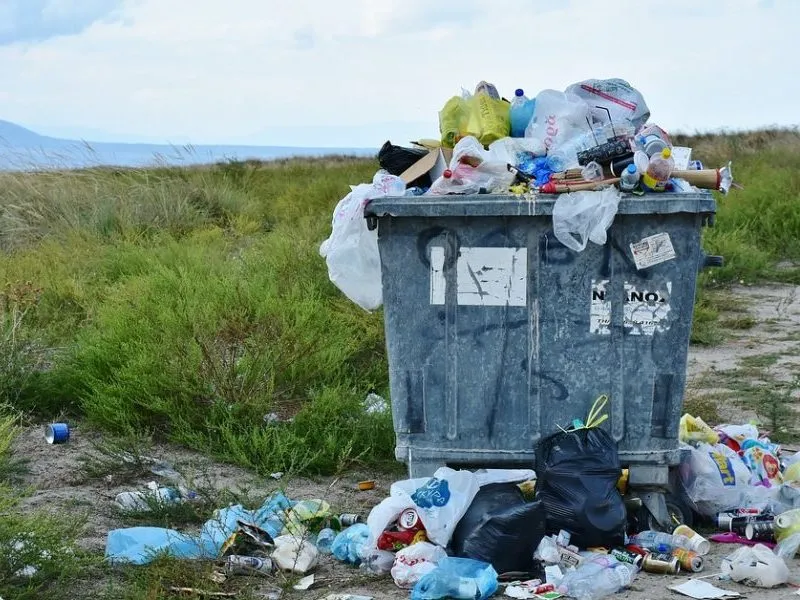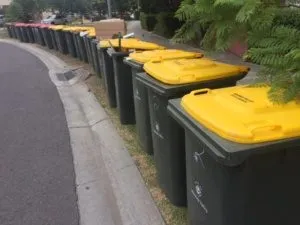Plastic not fantastic

I’m a baby boomer. I grew up in the ‘60s. I remember the early morning clip-clop of the milkman’s horse. Each night my mum would leave out two or three empty bottles. The milkman would replace them with full bottles.
We visited the bottling plant on a school excursion. There was an impressively long conveyor line, taking the used glass bottles through a cleaning process, then filling them with a pint of milk and adding an aluminium foil cap.
My mum collected those aluminium foil caps for recycling. The bottles were re-used until they broke.
The world’s population when I was a kid was 3.5 billion. It’s now more than twice that and the planet’s not getting any larger. Our flawed response – mine included – to the fact we have more people in a finite space is to consume more and more.
According to Plastics Europe (which claims ‘Plastics are a global success story’), plastics production has grown from 25 million tonnes each year in the ‘60s to over 300 million tonnes today. Since the middle of last century, we have produced more than 9 billion tonnes of plastic and most of it has just been chucked away.
In many parts of Australia we buy milk in plastic bottles, carrying them home in plastic bags with our plastic-cased tomatoes and plastic-bagged grapes. I read about the world’s environment problems in The Age, delivered daily in plastic wrap.
I may not even be able to comfort myself with a soothing cup of tea. Twinings standard square tea bags, for example, are heat sealed with a thin film of polypropylene.
I type this blog on my laptop, which I will have to replace –a euphemism for chuck out – in a year or two. Maybe I should instead have used my mum’s Remington typewriter, now 100 years old and still going strong.
What’s the solution? Is there one? Try to reduce your consumption. Don’t buy take-away coffee containers. Think twice before buying any excessively packaged goods. Write to supermarket chains asking them what they are doing to reduce waste. Scientell will do this – we’ll use our letter and the response, if we get one, as part of a future blog.
Your actions to lower consumption might be a drop in the ocean, but at least they might mean one less bit of plastic being dropped in the ocean.

Author:
Date Posted:
April 21, 2018
